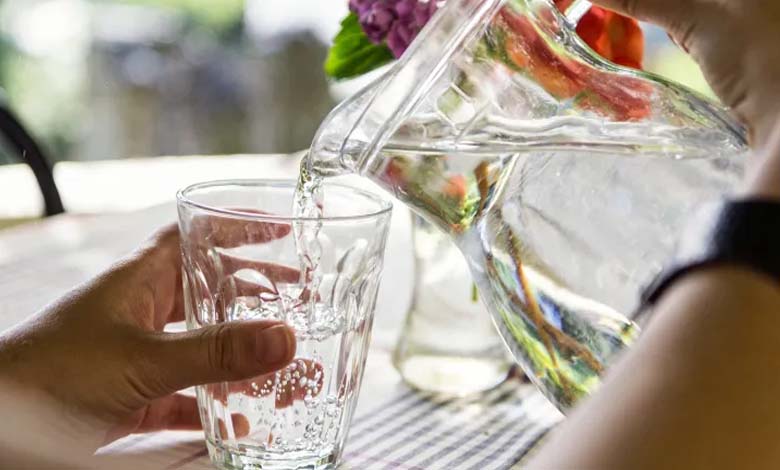Drinking too much water may threaten your health… here’s why

Water is undoubtedly one of the most essential elements for human survival. It makes up around 60% of body weight and is involved in nearly every biological function: transporting nutrients, removing waste, lubricating joints, regulating body temperature, and much more. It’s no surprise that many people assume drinking more water is always better. However, this common belief can be misleading—and even dangerous.
-
Coconut Water or Coconut Milk — Which is Healthier for You?
-
Silver Water to Boost Immunity: What Do Experts Really Think of This New Obsession?
The body has a limit to how much water it can process at a time. When you exceed this limit, you risk disrupting the balance of electrolytes, especially sodium. This condition is known as hyponatremia. It occurs when the sodium concentration in the blood becomes dangerously diluted, preventing cells—especially brain cells—from functioning properly.
Hyponatremia can happen when someone consumes large quantities of water over a short period, overwhelming the kidneys’ ability to excrete the excess. On average, healthy kidneys can eliminate about 0.8 to 1.0 liter of water per hour. Drinking significantly beyond that threshold, especially without losing water through sweat or exercise, creates a water surplus in the body.
Symptoms of hyponatremia often start subtly: headache, nausea, vomiting, confusion, and unusual fatigue. If sodium levels continue to drop, more severe consequences may follow: seizures, cerebral edema, loss of consciousness, coma, and even sudden death. Documented cases among amateur athletes and military recruits illustrate these dangers, especially when hydration is excessive and unbalanced.
Those particularly at risk include:
- Endurance athletes, such as marathon runners or triathletes
- Individuals on restrictive diets or prolonged fasts
- People with psychiatric disorders associated with excessive water intake (psychogenic polydipsia)
- Workers exposed to high heat
- Elderly individuals with decreased kidney function
-
“It alters DNA”: The dangers of drinking water from plastic bottles
-
Chemicals in Drinking Water Raise Cancer Risk
Popular culture often promotes simplistic advice like “drink eight glasses of water a day,” without considering individual variation in age, sex, climate, or physical activity. In reality, hydration needs vary greatly from person to person. It’s crucial to recognize the natural signs of dehydration: thirst, dry mouth, dark-colored urine, sudden fatigue, or headaches.
Another key concept is the balance between water and electrolytes. When we sweat heavily, we lose not only water but also sodium, potassium, and magnesium. Simply drinking plain water may not be enough; in some cases—such as intense exercise, fever, or gastrointestinal illness—replenishing electrolytes is necessary through appropriate rehydration solutions.
-
Is Drinking Lemon Water in the Morning Good for Your Health?
-
Drinking a lot of water… Does it really help hydrate your body?
In conclusion, drinking water is a healthy and essential habit. But like all good things, it must be practiced with moderation and awareness. Overhydration can be just as harmful as dehydration. It is best to listen to your body, adjust your intake to your lifestyle and needs, and consult a healthcare professional if uncertain. Smart hydration is the key to safeguarding your health.












